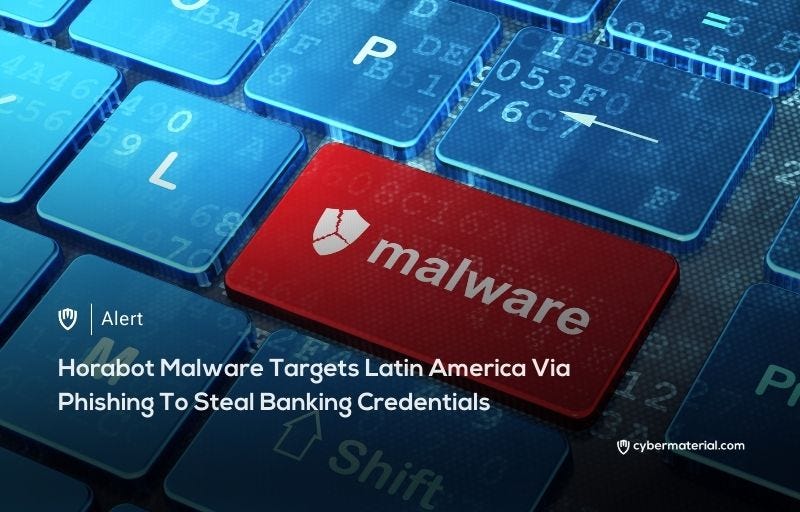
A new phishing campaign distributes Horabot malware. It targets Windows users in Latin American countries. These include Mexico, Guatemala, Colombia, Peru, Chile, and Argentina. Crafted emails impers…

A new phishing campaign distributes Horabot malware. It targets Windows users in Latin American countries. These include Mexico, Guatemala, Colombia, Peru, Chile, and Argentina. Crafted emails impers…